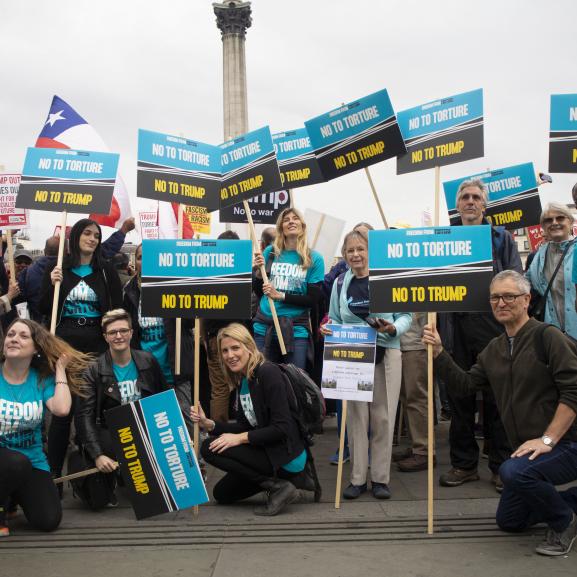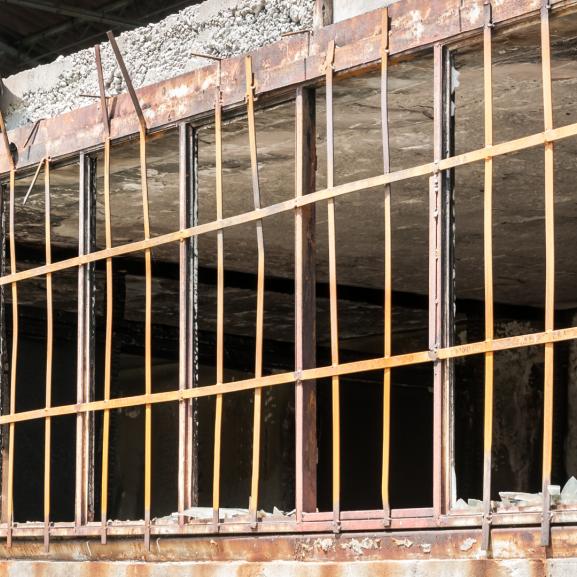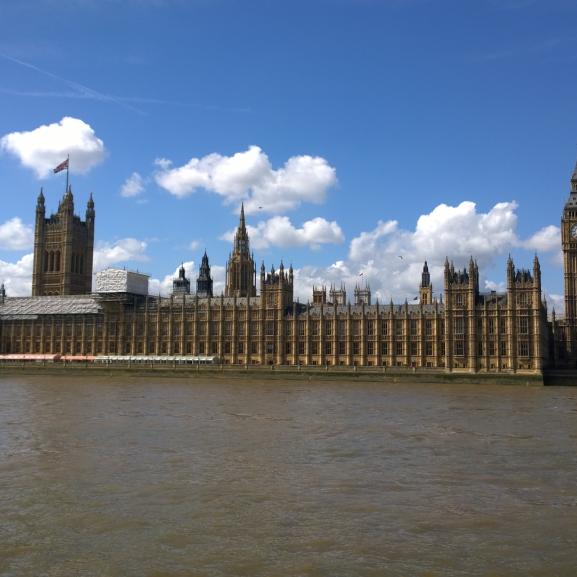Undermining survivors' right to rehabilitation
In the second entry of our blog series marking the release of our 'Poverty Barrier' research, Freedom from Torture's Director of National Clinical Services, Andy Keefe, explains how poverty is inadvertently denying survivors access to one of their most fundamental legal rights.
The UN Convention Against Torture recognises that survivors of torture have a right to rehabilitation. It states that this rehabilitation should include, as far as possible, "the restoration of their independence, physical, mental, social and vocational ability; and full inclusion and participation in society."
At Freedom from Torture, we work to turn this legal maxim into a reality for our clients. Providing clinical and practical rehabilitation services to around one thousand survivors of torture every year, we are dedicated to helping those individuals whose dignity has been destroyed to rebuild their lives.
But speak to each or any member of staff here, and they will tell you that there is one outstanding factor which consistently, and significantly, undermines our efforts to rehabilitate survivors and disrupts our clients' long-term recovery.
Simply put, it is poverty.
Successful therapy with a survivor of torture firstly requires that that individual feel safe. They must have a stable, peaceful living environment before they can begin to feel they are no longer in immediate danger. Sleeping rough, not having enough money to buy food or essential toiletries, sharing a room with a potentially violent stranger, or being forced into constant changes in accommodation, are not conducive living circumstances for effective rehabilitation.
Sometimes survivors are not even able to afford the bus fare to get to the session with their therapist. If they can attend, then we can reimburse them their fare but it is not as if their external living reality disappears when they enter Freedom from Torture. Addressing more immediate, pressing, fears – like 'where will I sleep tonight?' and 'how will I afford to eat this week?' – mean that there is often little time to work through, contain or relieve the appalling traumatic memories and feelings which can constantly beset a survivor of torture, and which brought them to us in the first place.
Many survivors of torture experience depression and anxiety as well as trauma, and the inability to plan for the future, and the hopelessness and vulnerability that poverty engenders, only reinforces these feelings. Almost all are trapped in the UK's unforgiving asylum system and the daily struggle to live on low or non-existent incomes without secure accommodation can leave survivors feeling helpless, hopeless and stuck in a hostile environment beyond their control. Tragically, these feelings can remind survivors of similar emotions they experienced during torture and detention, thereby exacerbating their trauma further and undermining the very process designed to free them from the past – rehabilitation.
Poverty also isolates survivors of torture from the world around them, as a lack of resources prevents them from travelling, socialising, or from making links with and fully participating in the communities in which they live. Poverty then, actively prohibits the restoration of social functioning, as enshrined in the UN Convention Against Torture.
In this age of austerity, many people across the UK are being pushed into poverty. This experience will almost certainly have a negative impact on each and any individual's mental and physical well-being, irrespective of their background. What our new research shows, however, is that, in light of previous traumas, survivors of torture are especially at risk.
It's time we removed one of the main barriers currently blocking survivors of torture from accessing their fundamental right to rehabilitation.
Freedom from Torture's 'Poverty Barrier' research is set to be released on the 17 July 2013. Keep an eye on our website for more and follow us on twitter at #povertybarrier.







